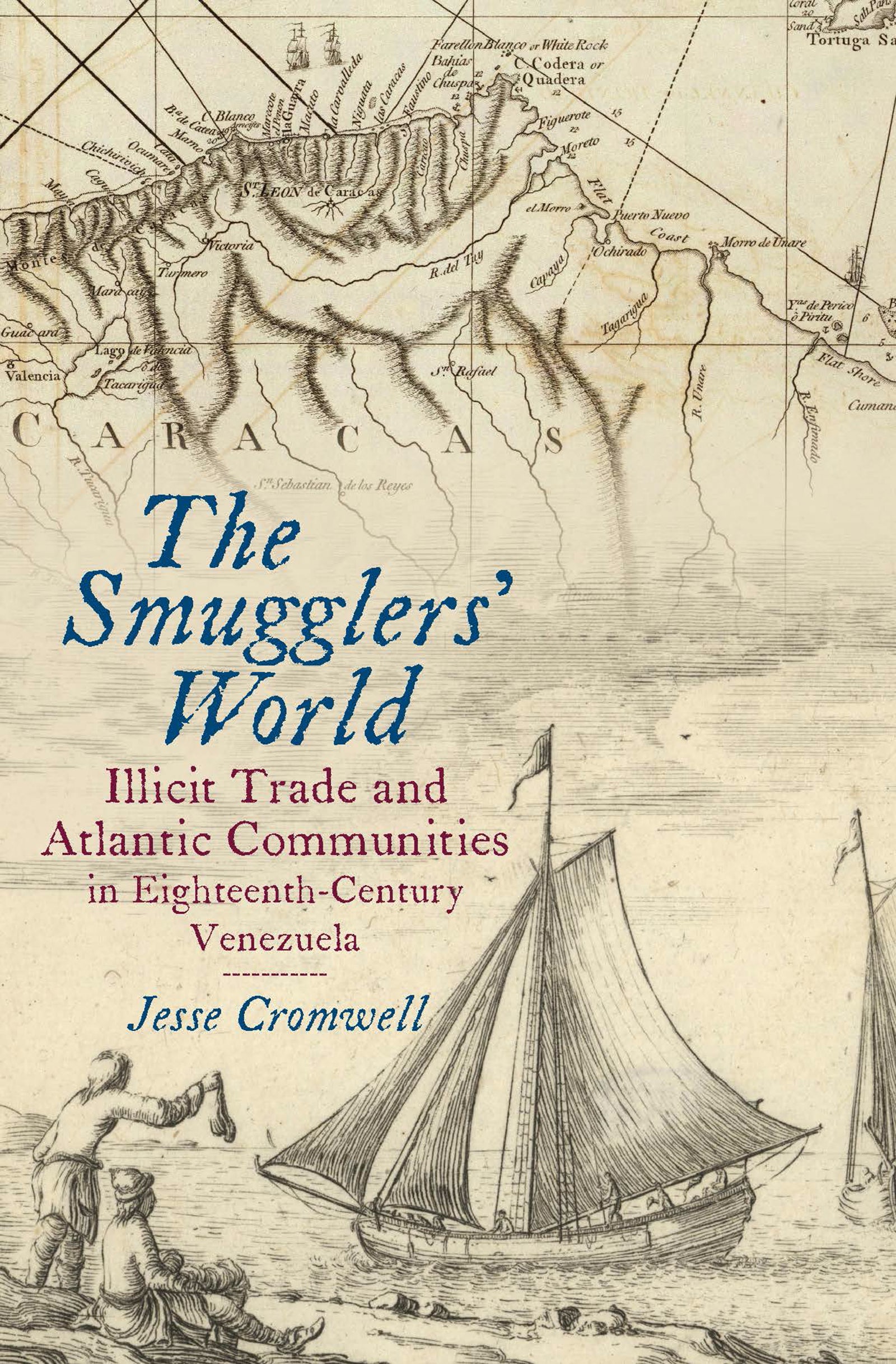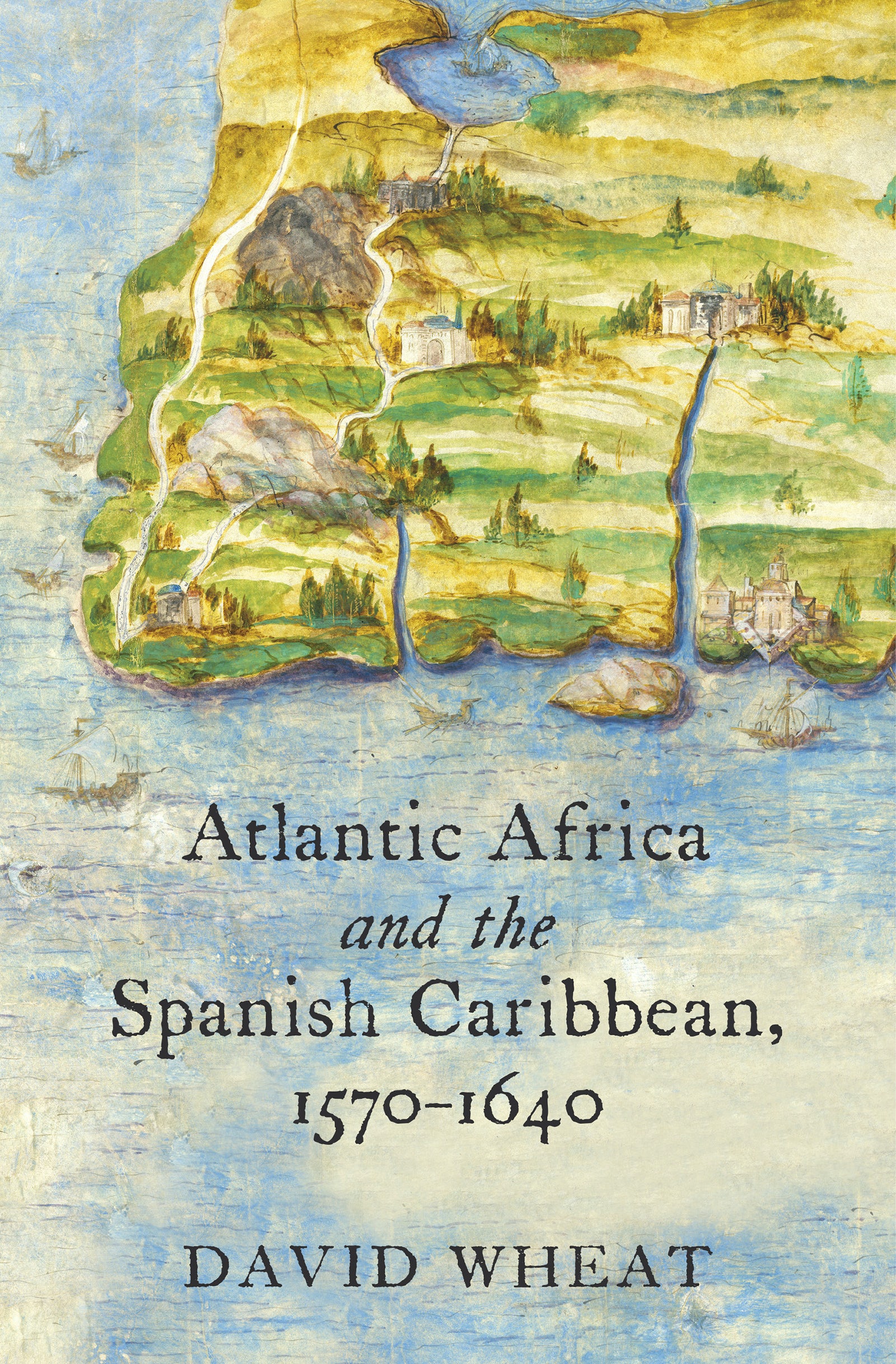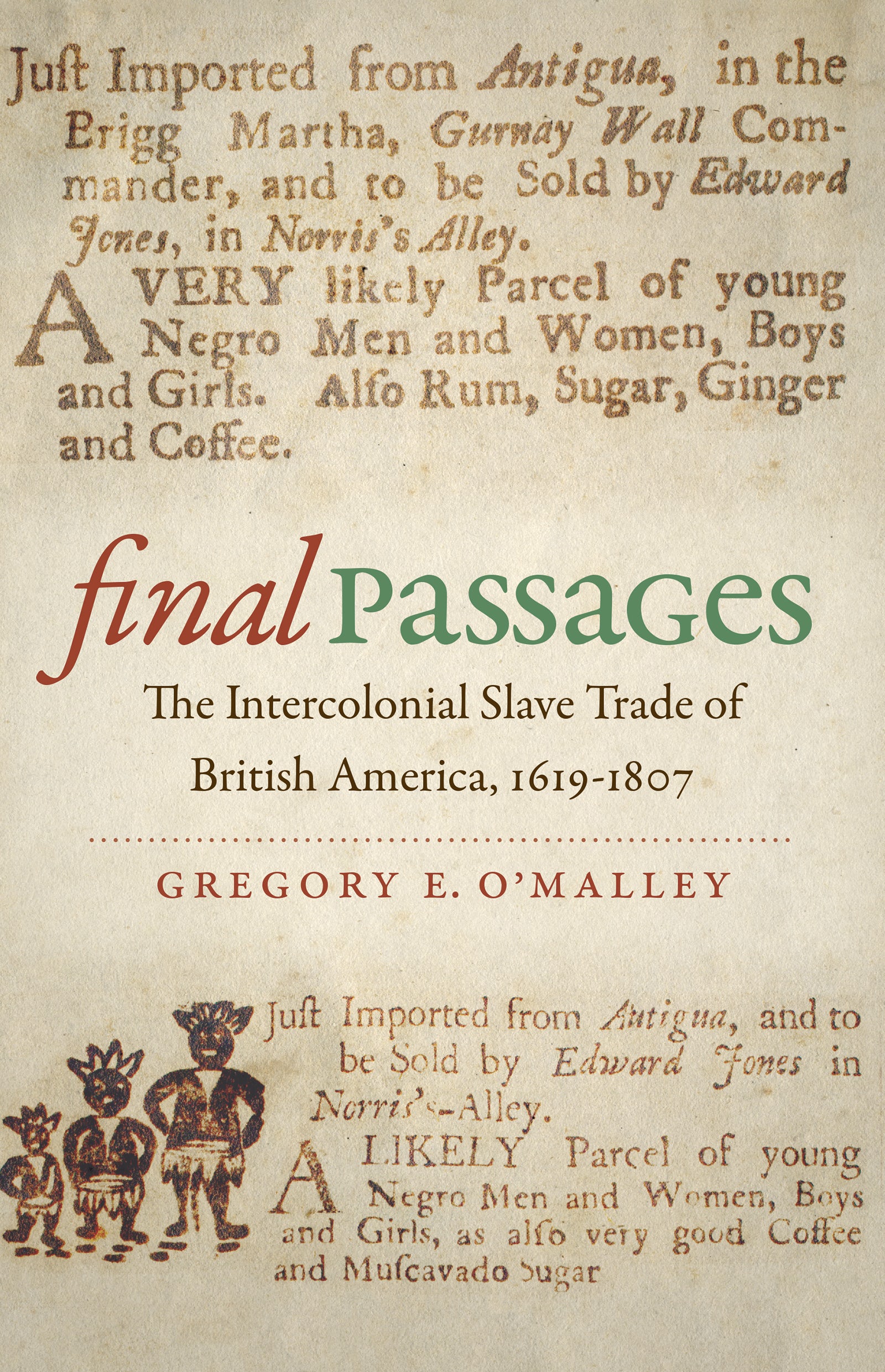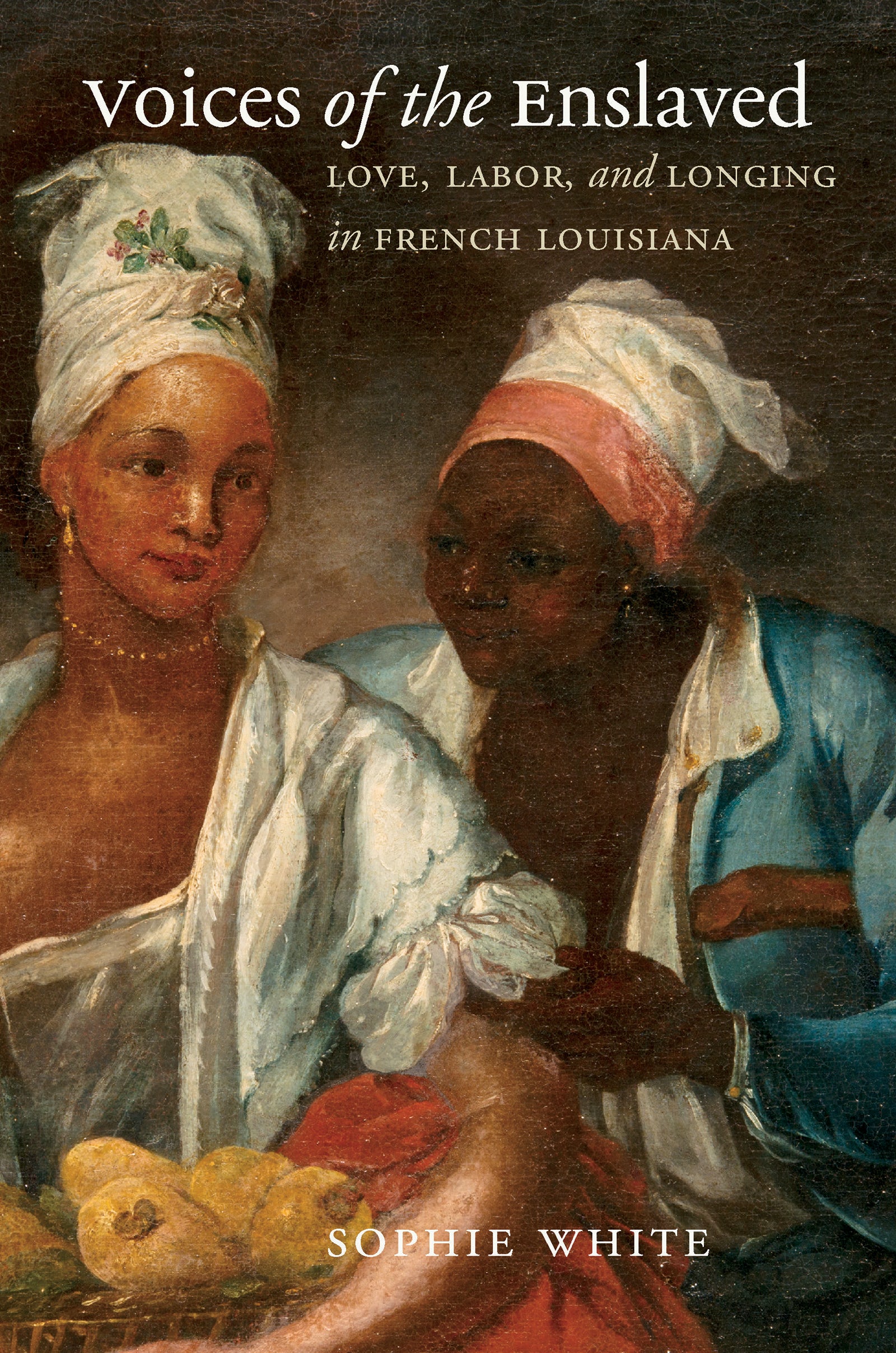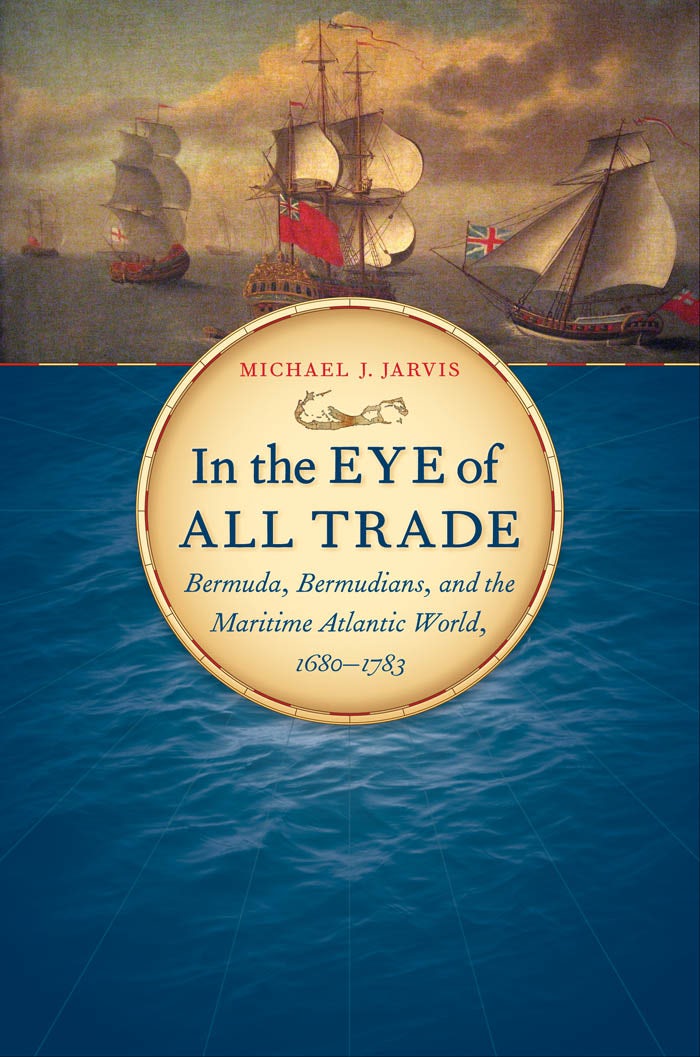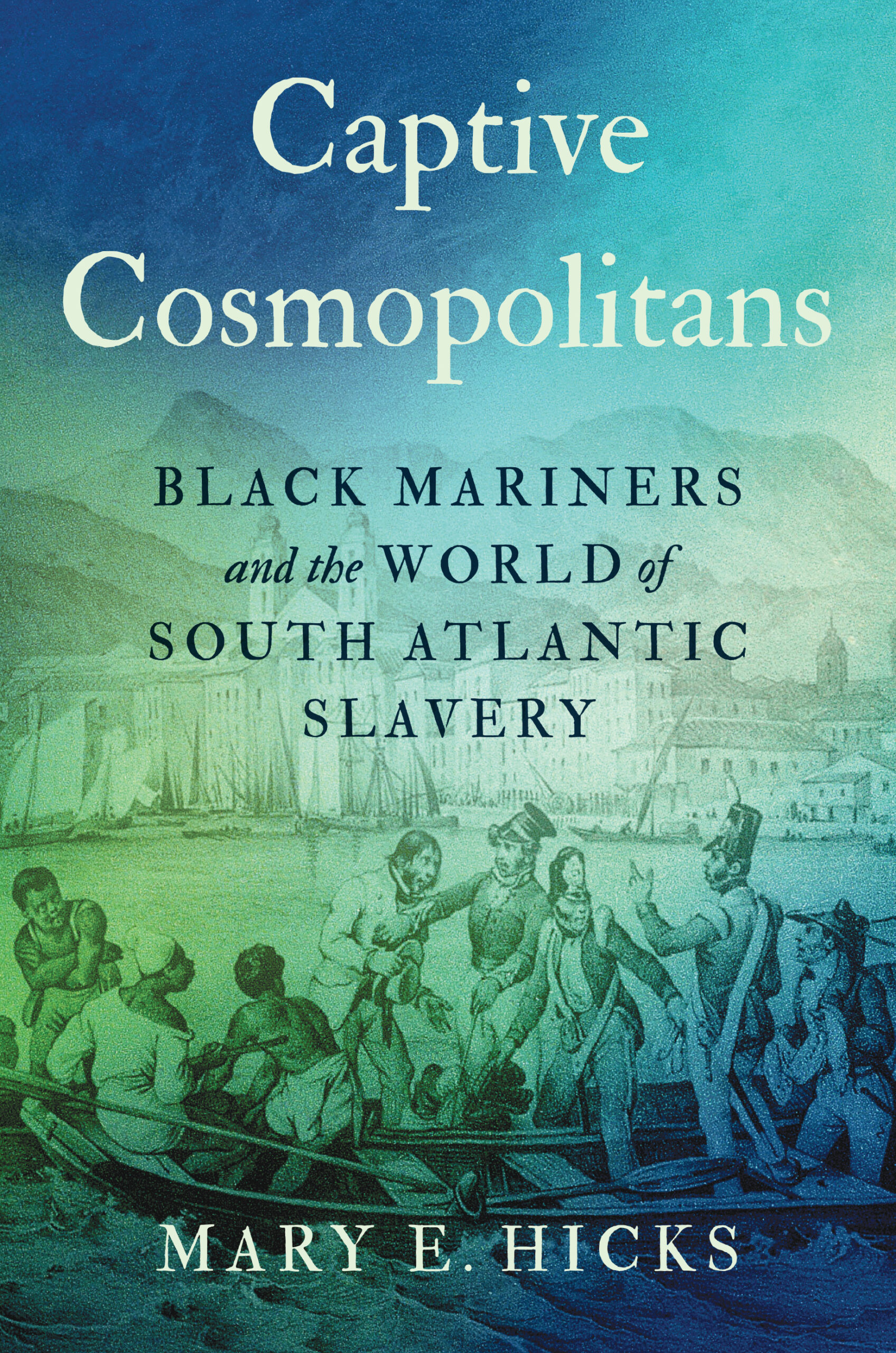
Captive Cosmopolitans
Description
From the bustling ports of Lisbon to the coastal inlets of the Bight of Benin to the vibrant waterways of Bahia, Black mariners were integral to every space of the commercial South Atlantic. Navigating this kaleidoscopic world required a remarkable cosmopolitanism—the chameleonlike ability to adapt to new surroundings by developing sophisticated medicinal, linguistic, and navigational knowledge. Mary E. Hicks shows how Portuguese slaving ship captains harnessed and exploited this hybridity to expand their own traffic in human bondage. At the same time, she reveals how enslaved and free Black mariners capitalized on their shipboard positions and cosmopolitan expertise to participate in small-scale commodity trading on the very coasts where they themselves had been traded as commodities, reshaping societies and cultures on both sides of the Atlantic. Indeed, as Hicks argues, the Bahian slave trade was ruthlessly effective because its uniquely decentralized structure so effectively incorporated the desires and financial strategies of the very people enslaved by it. Yet taking advantage of such fraught economic opportunities ultimately enabled many enslaved Black mariners to purchase their freedom. And, in some cases, they became independent transatlantic slave traders themselves.
Hicks thus explores the central paradox that defined the lives of the captive cosmopolitans and, in doing so, reveals a new history of South Atlantic slavery centered on subaltern commercial and cultural exchange.
About The Author
Mary E. Hicks is assistant professor of history at the University of Chicago.
Awards
John R. Lyman Book Award (in the category of “World Maritime History”), North American Society for Oceanic History (2024)
Reviews
“Hicks retells the story of Atlantic commerce from a radically new perspective: enslaved and free Africans who participated in the slave trade that linked Brazil to West Africa. She reveals how Black sailors, petty traders, and healers in this maritime world charted myriad paths through bondage, shaping South Atlantic cultures and economies and playing crucial roles in the development of the modern world.”—James Sidbury, Rice University
“Captive Cosmopolitans is meticulously researched, theoretically bold and innovative, and beautifully written. Hicks explores the Black maritime working worlds of the men and women involved in the South Atlantic slave trade, handling the questions of Black peoples’ investment in slaving with care and complexity.”—Michelle McKinley, University of Oregon School of Law
“Persuasively argued, absorbing, and deeply researched, Captive Cosmopolitans offers a much-needed, major study of Black mariners’ lives, mobility, and influence in the South Atlantic world. Hicks masterfully uncovers the tensions of these sailors’ roles within the transatlantic slave trade, exposing their crucial contributions to both the perpetuation and disruption of Atlantic commerce and culture. This work stands on par with the best scholarship on Atlantic history, reshaping our understanding of slavery, maritime labor, and cosmopolitanism in the early modern era.”– Roquinaldo Ferreira, University of Pennsylvania
